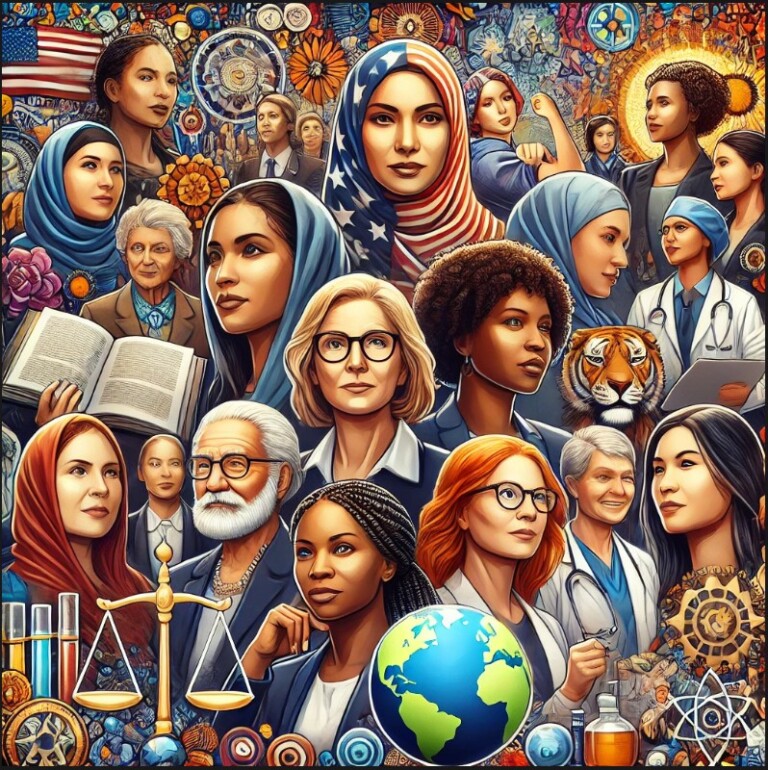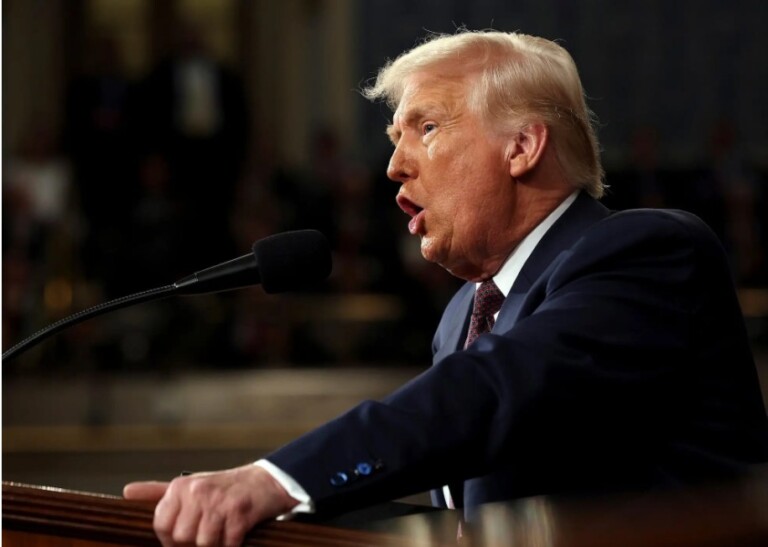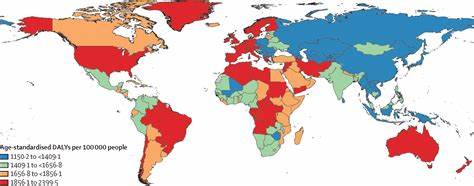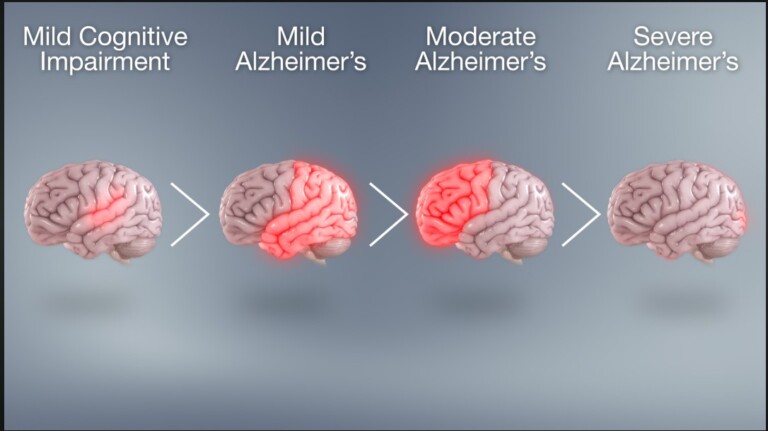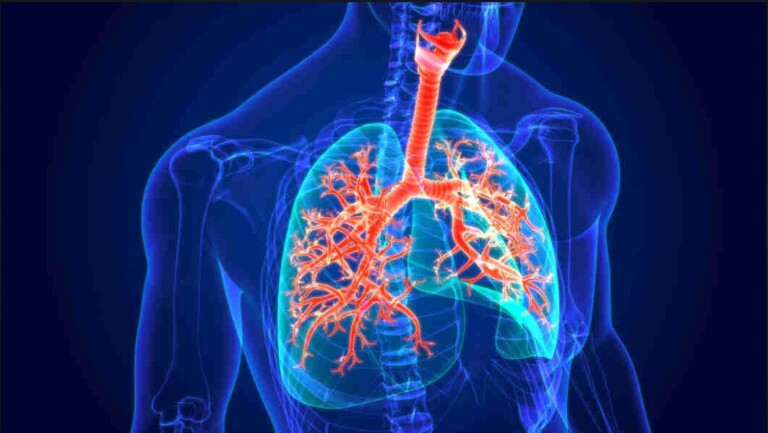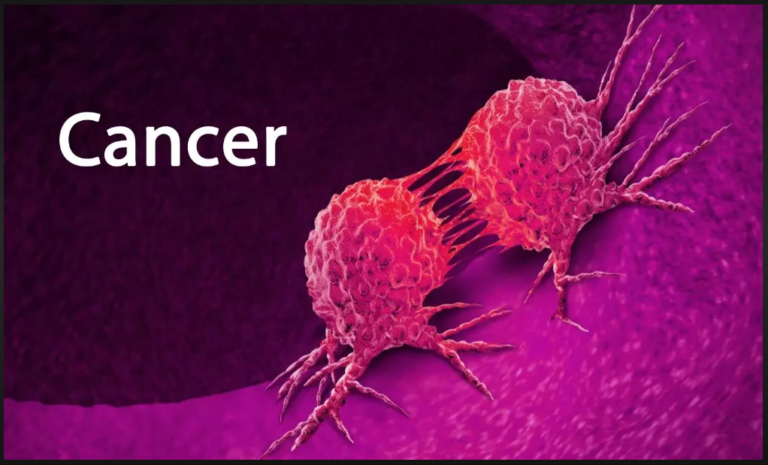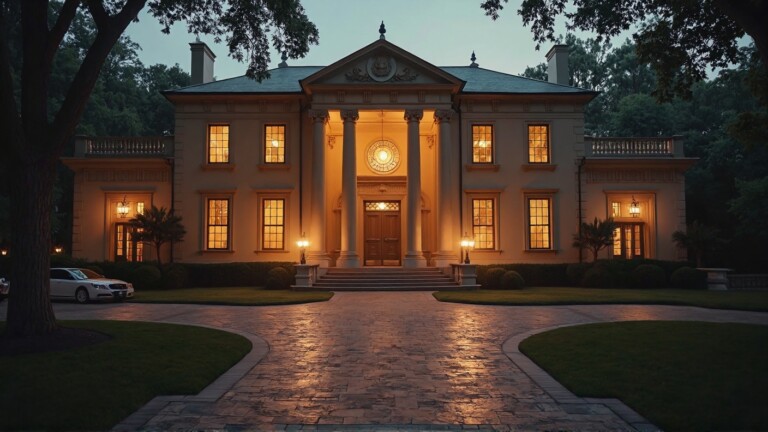Recent developments in American politics have raised concerns about the potential erosion of democratic principles. Proposals to...
Dimwen
With Dimwen you have access to entertainment through sharing your funny and humorous ideas and activities to have your online video chats with your friends and diaspora counterparts on the far side of the other countries.
Today, March 8, we stand in honor of women across the globe—mothers, daughters, sisters, leaders, warriors, and...
President Donald Trump’s tenure has been marked by frequent policy reversals and unpredictable trade strategies, leading to...
Introduction Health concerns continue to rise globally, affecting millions of individuals and straining healthcare systems. In both...
Introduction Neurological disorders affect millions of people worldwide, impacting cognitive function, motor skills, and overall quality of...
Introduction Infectious diseases continue to pose a significant global health challenge, affecting millions of people every year....
Introduction Mental health disorders affect millions of people worldwide and have significant impacts on quality of life....
Introduction Obesity is a global epidemic that significantly increases the risk of chronic diseases such as diabetes,...
Introduction Respiratory diseases are a major global health concern, affecting millions of people worldwide. They range from...
Introduction Cancer is a leading cause of death worldwide, responsible for nearly 10 million deaths in 2020,...


